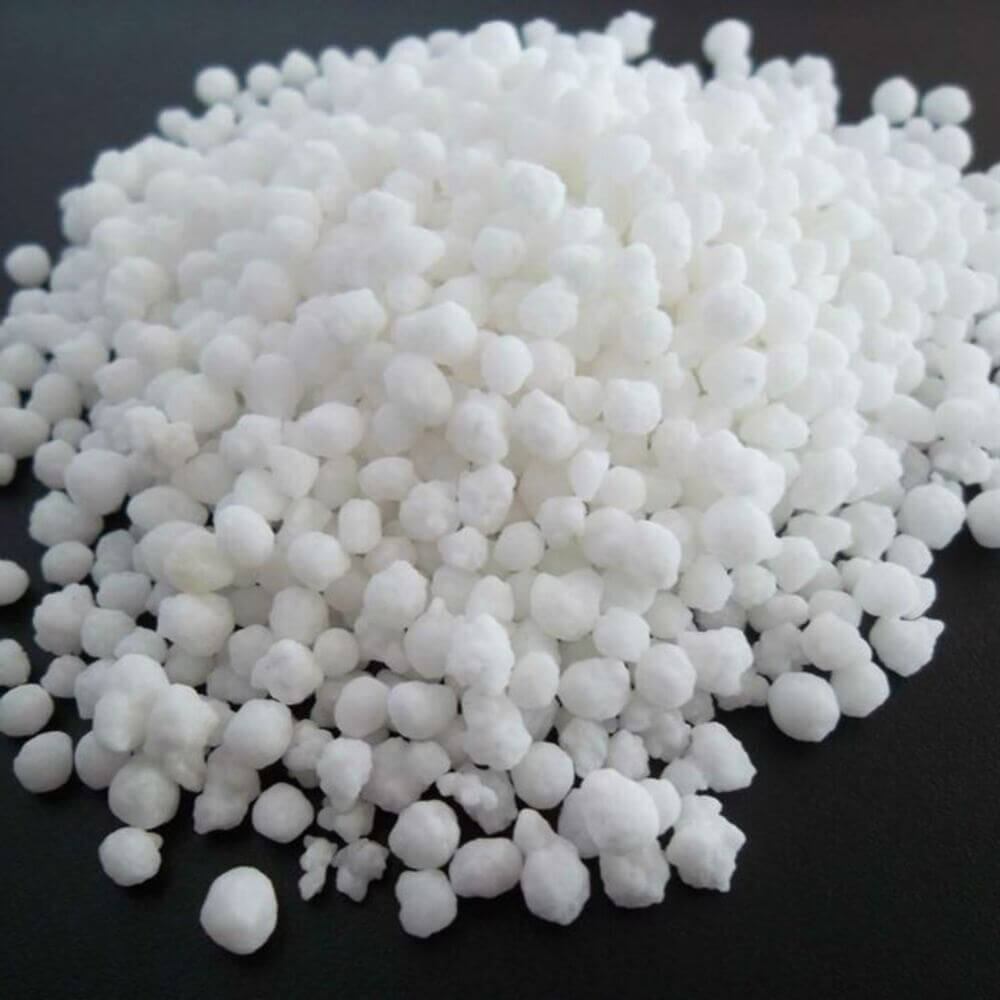In California, Drosophila suzukii, known as SWD, is developing increasing resistance to insecticides. This insect has become a problem for cherry, sugar cane and strawberry growers since its arrival in 2008, spreading to other states in the USA, Mexico and Europe.
SWD females, thanks to their serrated ovipositor, can even lay their eggs in hard-skinned fruits, damaging them. This leads to increased susceptibility to insects and diseases, as pointed out by the University of Minnesota Extension.
Entomologist Jhalindra Rijal conducted studies on SWD in cherries and revealed that resistance problems developed rapidly. Management practices based on spinosin, pyrethroids and malathion contributed to this resistance due to the limited use of active ingredients.
The inability to vary active ingredients has led to increasing resistance among SWD populations, not only in California but also in other regions of the US, such as Georgia and Michigan, which have experienced similar problems. Scientific studies have shown a significant decrease in the susceptibility of SWD adults to various insecticides, resulting in lower than expected mortality. Spinosad resistance has been widespread on the Central Coast.
Fonte: Farm Progress
Foto: Italian Berry
Cherry Times - All rights reserved










